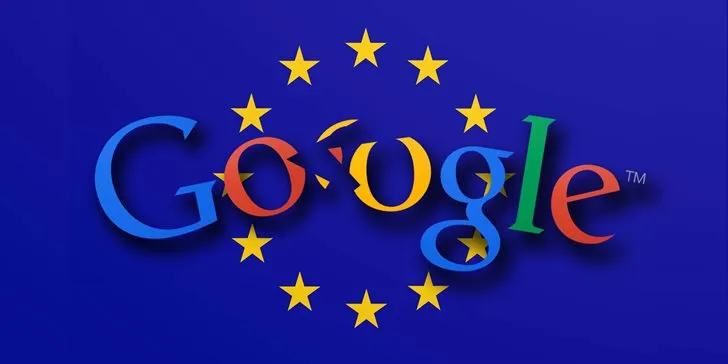


The Google Fine: Good News or Bad?
Google has been hit with a heavy fine for manipulating its algorithms to distort the market. Is the EU punishing success, or standing up to the monopoly of a tech giant?

The EU has fined Google €2.4 billion for abusing its dominance as a search engine to favour its own shopping comparison service above competing services.
After an extensive investigation, the European Commission found that for over a decade Google has been manipulating its algorithms to boost its own shopping service and demote those of its smaller rivals. The Commission has ruled that this is a breach of European anti-trust laws and an illegal distortion of the market.
Margrethe Vestager, the European Union's Competition Commissioner, said that Google “has denied other companies the chance to compete on their merits and to innovate, and most importantly it has denied European consumers the benefits of competition, genuine choice and innovation."
Google, on the other hand, disagrees with the decision and seems likely to appeal. Senior Vice President Kent Walker argued that Google Shopping provides unique benefits to consumers in the form of convenience and relevance:
“When you shop online, you want to find the products you’re looking for quickly and easily. And advertisers want to promote those same products. That's why Google shows shopping ads, connecting our users with thousands of advertisers, large and small, in ways that are useful for both.”
Walker claims the European Commission’s decision “underestimates the value of those kinds of fast and easy connections.”
A Divisive Decision
Opinions on the issue have been strongly polarized. On the one hand are those who see the decision as punishing innovation and success. Google provides an indispensable service to billions of people across the globe, and most people going about their daily lives don’t think twice about Google promoting their own results as part of the price for that service. It makes roughly intuitive sense that if you’re on Google’s turf, you see Google’s results. The average consumer might be missing out on better deals from other shopping comparison sites like Bing, but for most people this is unlikely to matter much. The big selling point of Google Shopping is simply that it’s Google. As Walker points out, “People usually prefer links that take them directly to the products they want, not to websites where they have to repeat their searches.” This states a point that’s hard to argue with: most people are on Google and want to stick with Google, most people want the easy user experience that the Google search engine coupled with Google Shopping can provide them.
As for advertisers – well, if Google’s where the bulk of their market is, that’s where it makes sense to be advertising, or at the very least focusing their efforts to rank highly in organic search. If most people are using Google as their shopping platform, consumers get a good service and retailers get to access their customers. One commentator went so far as to declare that punishing this win-win system is “eurotechnopanic at its worst: anti-American, anti-technology, anti-capitalism. Europe, you can’t regulate yourself into competition.”
On the one hand are those who agree with the decision. Many agree with News Corp that Google’s strategy has been a “shameless abuse of its dominance in search.” We are all dependent on dominant digital platforms to the extent that most of us would be pretty helpless if we were suddenly unable to use their services. They have become an inextricably integral part of human life in modern society. Yet the private companies who own these services are able to manipulate their algorithms behind the scenes at their will, in ways that affect our lives without us even realizing it – and they are able to do this with minimal little accountability. To Google’s critics in this case, this is an alarming reality that needs to be addressed.
At the heart of the issue is the scenario of tech giants in Silicon Valley influencing the lives of people all over the world – particularly in regards to our buying choices and the content we see. A growing concern in recent years has been that these companies wield vast economic power which is largely unregulated; that while banks are answerable to the state, tech giants aren’t. Big data is one of the currencies of the modern world: it represents the power to move people, to change the way they think, behave, buy, even vote. This ruling represents a demand from a political body for greater responsibility and accountability from tech giants, and highlights the need for greater legal clarity going forward. At the very least, it is likely to be "precedent-setting in instances where tech giants have become gatekeepers for our digital lives."
Posted 29 June 2017